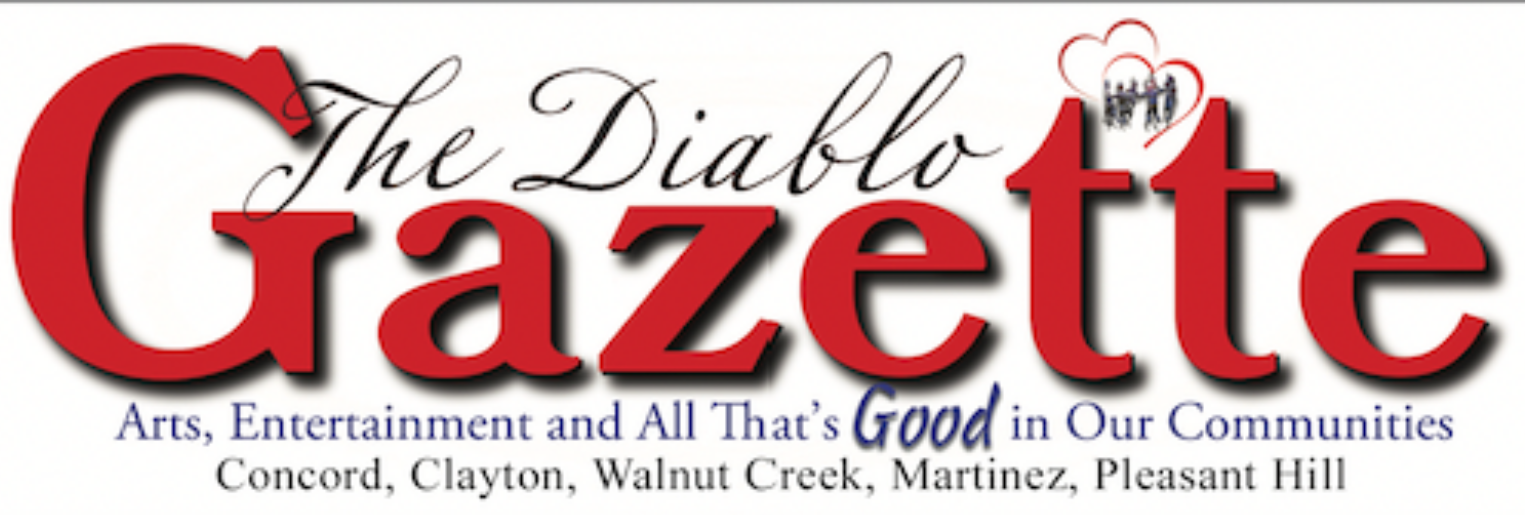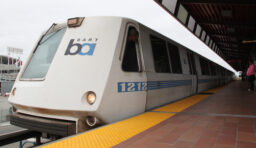By David King
On July 28, The BART Board of Directors ratified tentative agreements to existing labor contracts that will give wage increases to BART workers, BART officials said.
The wage increases will total 10.5 percent over three years for American Federation of State, County and Municipal Employees, Amalgamated Transit Union, and Service Employees International Union and non-represent employees and 10.5 percent over four years for the agency’s police unions, BART officials said.
The total four-year cost of the wage increases for BART’s operating budget is expected to be $123.8 million, and the four-year capital budget costs, which are primarily reimbursable from capital projects and other sources outside of the operating budget, are expected to be $42.2 million, officials said.
The last general wage increase for BART employees was in July 2020, though higher-level managers and executive staff did not receive a raise, transit agency officials said.
In 2020, most employees received a 2.75 percent increase. BART police received a wage increase in July 2021.
BART officials said not increasing wages would have compounded current staffing challenges in a tight labor market and would have potentially impacted service.
Not everyone voted for the increase. According to this response from Deb Allen, BART Director, on Claycord.com, “To be clear, seven of nine board directors ratified these contracts. I voted no.”
In her comments, Allen stated that the increase was fiscally irresponsible to amend existing 2021 labor contracts only one year into the three-year agreement without engaging in a robust bargaining process or attempting to address costly work inefficiencies that lead to excessive overtime costs in the system.
BART is still operating at 35% of the passengers it once carried pre-pandemic even though it is running more trains. Federal stimulus funding is projected to last until December of 2025, but the current contract changes would advance that fiscal cliff by approximately six months.
Allen’s pleas for efficiency are to lower labor costs, which consumes 62% of a $1B operating budget. She went on to state, “… before we, as a board, replace the 2021 bargained wage provisions, we should have been negotiating the most expensive and inefficient parts of our labor contracts, including all aspects: wages, benefits, worker safety and particularly the work rules that lead to excessive overtime costs, operational inefficiencies, and costs overruns. Those items should be collectively bargained all at once.”
The labor leaders went to BART management in May of 2022 and asked to reopen negotiations on wages due to the current high inflation. The board authorized the General Manager to open negotiations.
“My input from the beginning was that I am ok with changing the 2021 deal for wage increases, but only if BART can gain considerable concessions on the work rules that create so much overtime pay.”
They also left in place the previous raise provisions over the next two year for additional raises if ridership reaches 60%, though at this point it is very unlikely.

